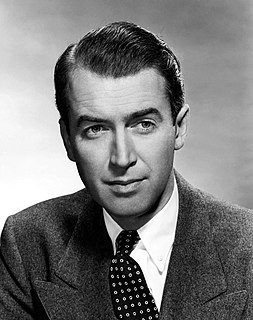A Quote by Peter Lynch
A stock market decline is as routine as a January blizzard in Colorado. If you're prepared, it can't hurt you. A decline is a great opportunity to pick up the bargains left behind by investors who are fleeing the storm in panic.
Related Quotes
One of the ironies of the stock market is the emphasis on activity. Brokers, using terms such as 'marketability' and 'liquidity,' sing the praises of companies with high share turnover... but investors should understand that what is good for the croupier is not good for the customer. A hyperactive stock market is the pick pocket of enterprise.
There's no denying that a collapse in stock prices today would pose serious macroeconomic challenges for the United States. Consumer spending would slow, and the U.S. economy would become less of a magnet for foreign investors. Economic growth, which in any case has recently been at unsustainable levels, would decline somewhat. History proves, however, that a smart central bank can protect the economy and the financial sector from the nastier side effects of a stock market collapse.
There can be no doubt that the young of today have to be protected against certain poisonous effects inherent in present-day civilization. Five social diseases surround them, even in early childhood. There is the decline in fitness due to modern methods of locomotion; the decline in initiative due to the widespread disease of spectatoritis; the decline in care and skill due to the weakened tradition of craftsmanship; the decline in self-discipline due to the ever-present availability of tranquilizers and stimulants, and the decline in compassion, which William Temple called "spiritual death.
Successful investors like stocks better when they’re going down. When you go to a department store or a supermarket, you like to buy merchandise on sale, but it doesn’t work that way in the stock market. In the stock market, people panic when stocks are going down, so they like them less when they should like them more. When prices go down, you shouldn’t panic, but it’s hard to control your emotions when you’re overextended, when you see your net worth drop in half and you worry that you won’t have enough money to pay for your kids’ college.
































